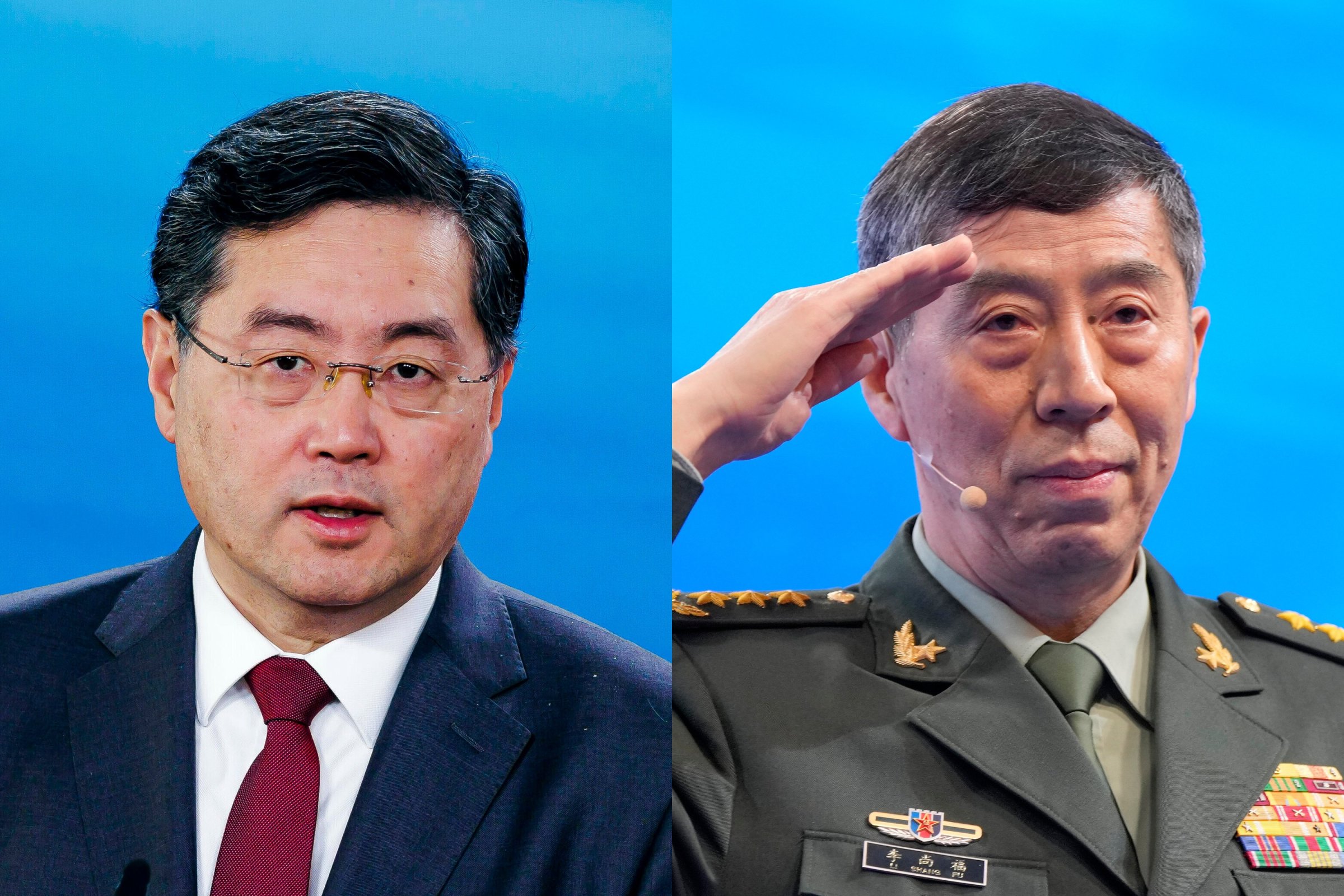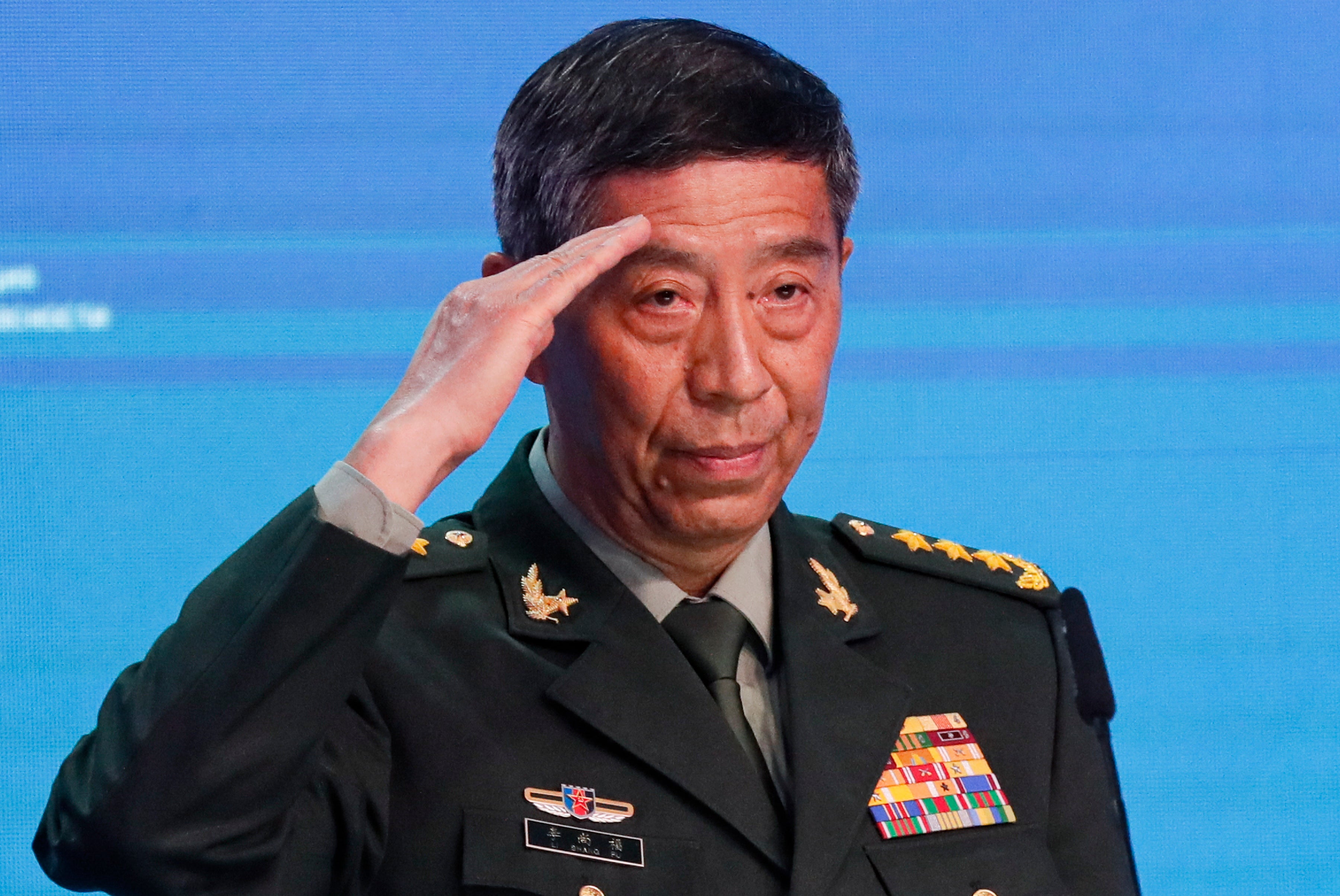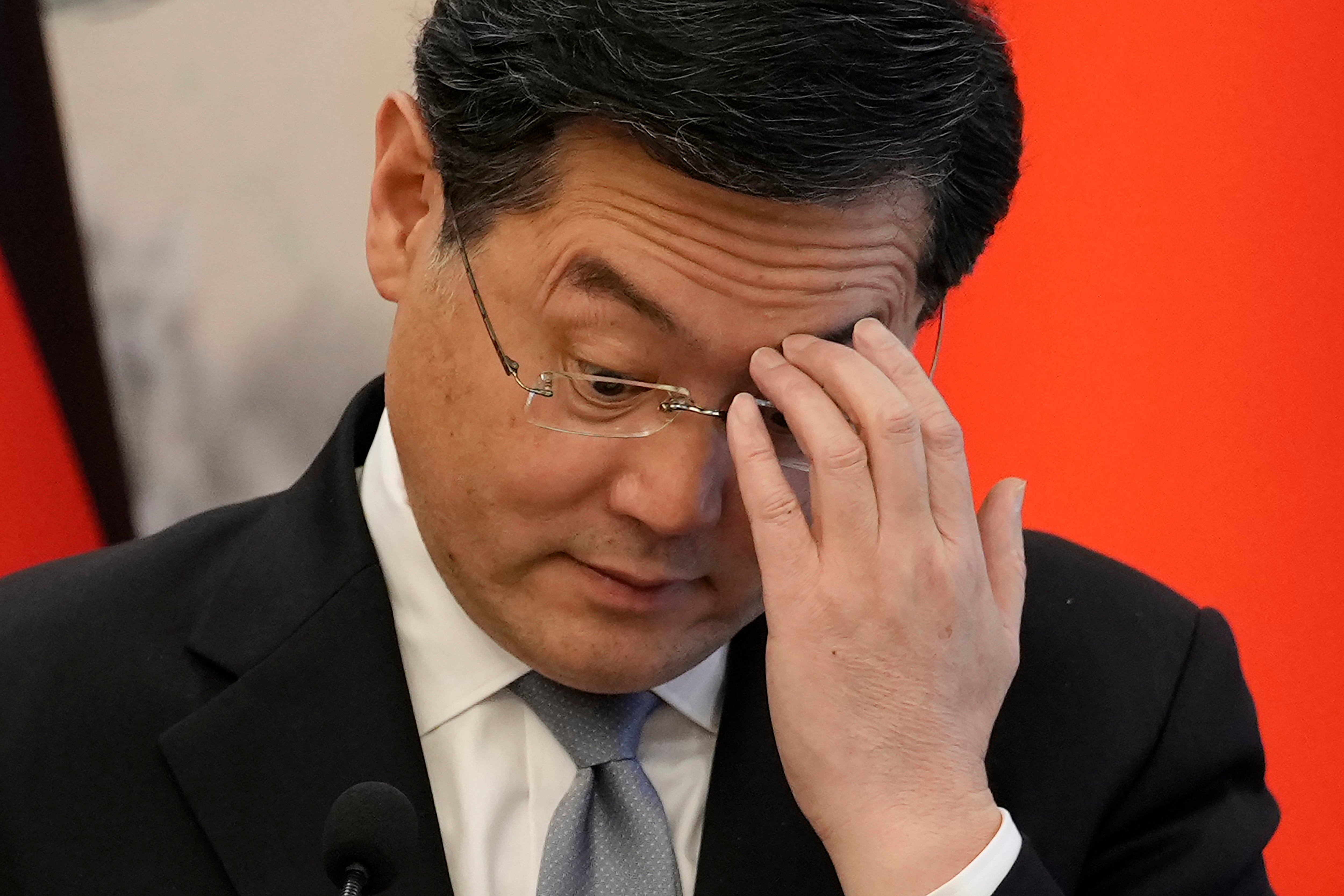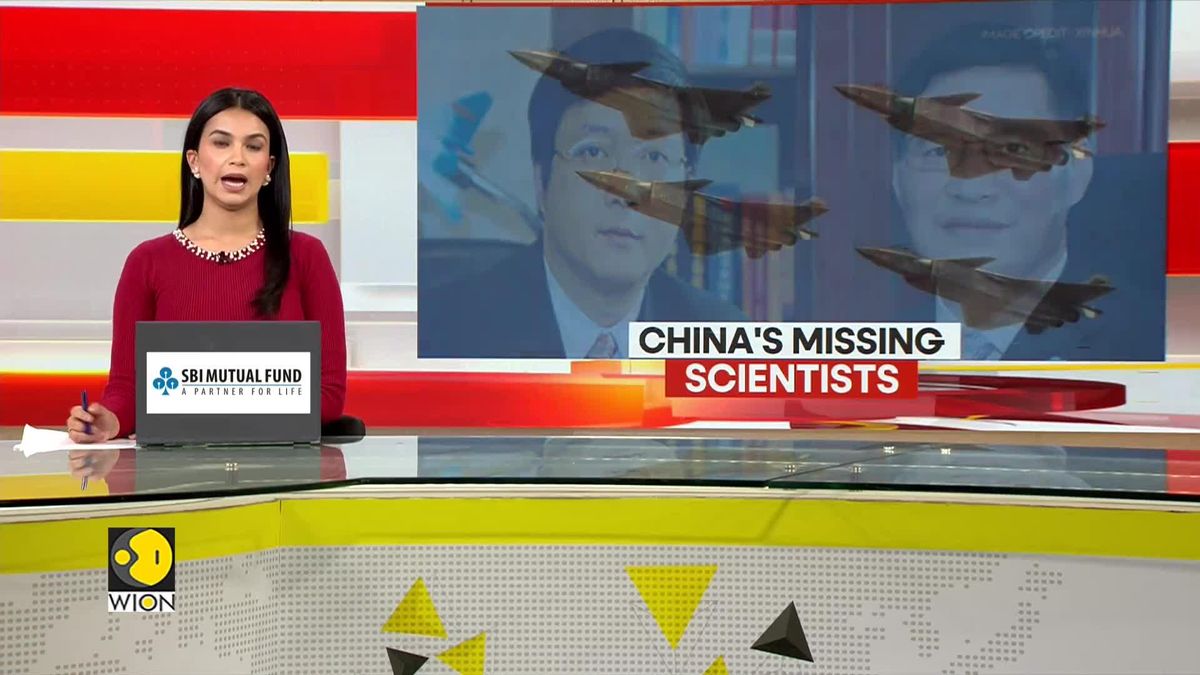- 3,140
- 1,182
- Axis Group

Date of Event:
Jan 27, 2025
There is a long list of missing Chinese Politicians, Businessmen, military personnel. Those who tries to open its mouth against Dictator Xi goes missing in some time. List is going long which came into attention with the disappearance of Jack Ma is still on. There is no end to it.






 China finance boss jailed for life as part of major corruption purge
China finance boss jailed for life as part of major corruption purge China's 'full-time children' move back in with parents, take on chores as good jobs grow scarce
China's 'full-time children' move back in with parents, take on chores as good jobs grow scarce




/wion/media/agency_attachments/2024/12/13/2024-12-13t071602220z-wionfavicom.webp)
